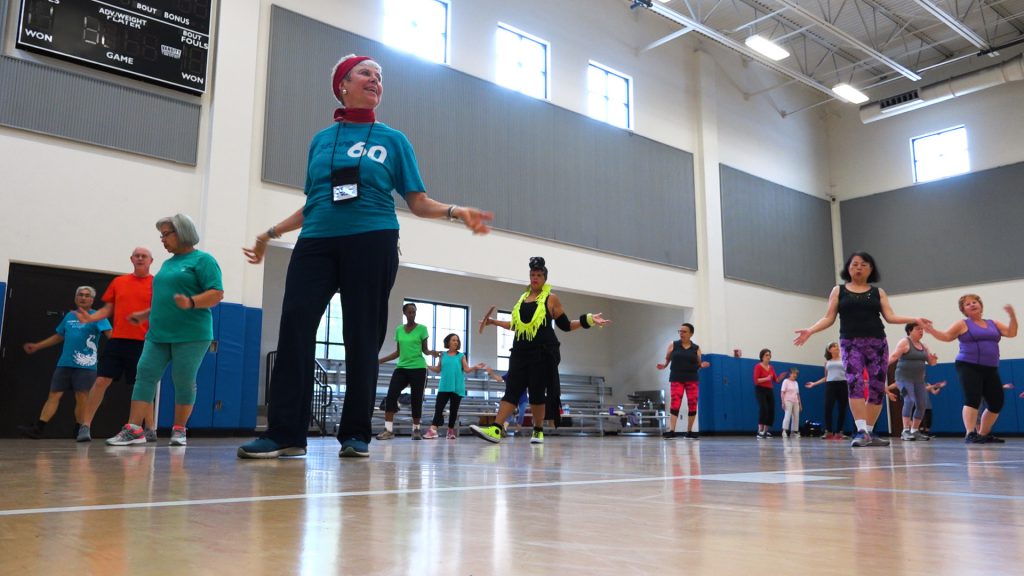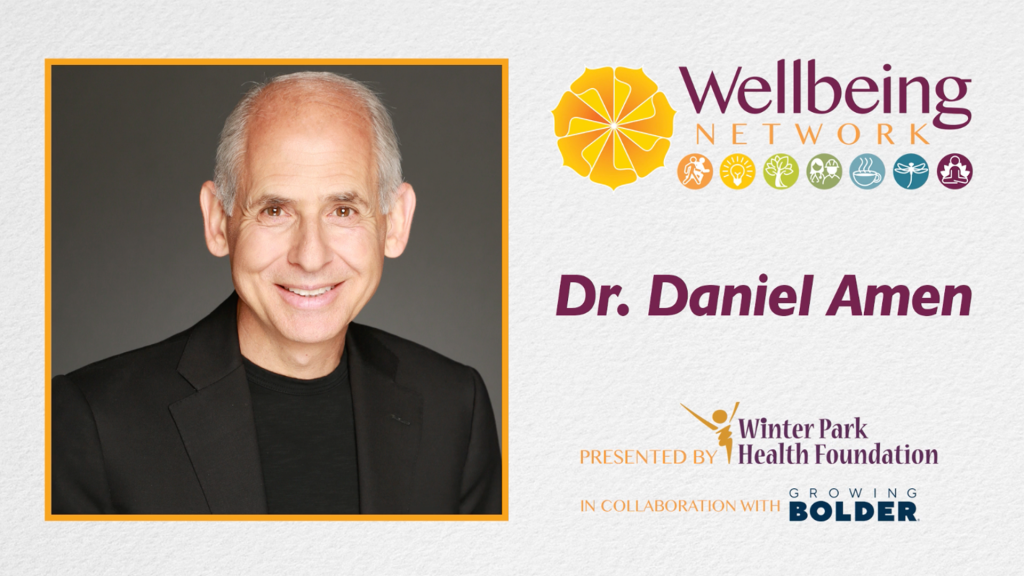Digital Education Programming Presented by the
Center for Health & Wellbeing
We want to hear from you! After viewing this CHWB On-Demand program, please take a few minutes to complete this survey. Your privacy is of the utmost importance; your information will never be shared nor sold. Your feedback will be used to evaluate existing CHWB programs, and to help us create new ones.
Addiction is a complex disease with genetic, psychological and societal causes and consequences. Studies show that while some people have the ability to consume drugs recreationally for years, others quickly fall victim to addiction. What causes this distinction? And how can we help those who are dealing with addiction? Nicole Schramm-Sapyta, associate professor and associate director at Duke Institute for Brain Sciences, shares about the complex nature of drug addiction in modern society, how we can work together to prevent addiction and how we can help those who suffer move into recovery.
By watching this program, you can expect to learn that:
- addiction has complex causes — from each individual to society as a whole.
- treatment and prevention must take complexity into account.
- we can all be part of the solution.
This program is presented by Nicole Schramm-Sapyta and is hosted by the Winter Park Health Foundation.
About the Program Presenter
Dr. Nicole Schramm-Sapyta earned her bachelor’s degree in Biochemistry from N.C. State University in 1994 and her doctoral degree in Pharmacology from Vanderbilt University in 2000. She is currently an associate professor of the practice and Associate Director of the Duke Institute for Brain Sciences. She has a long-standing interest in the neurobiology of drug addiction, using rodent models to investigate adolescent vulnerability to addiction. Her scientific expertise in this area supports her passion to bring scientific and clinical knowledge to inform public policy and educate the public about mental health and addiction. Her course offerings at Duke include “Drugs and the Law,” “Reward and Addiction,” and “Drugs, Brain, and Behavior.” She is a member of the Society for Neuroscience and the College on Problems of Drug Dependence. In past roles at Duke, she has served as DIBS Chief Operating Officer, Assistant Director of the Addiction Division in the Department of Psychiatry & Behavioral Sciences, and Associate Director of the Bass Connections Brain & Society Theme.



